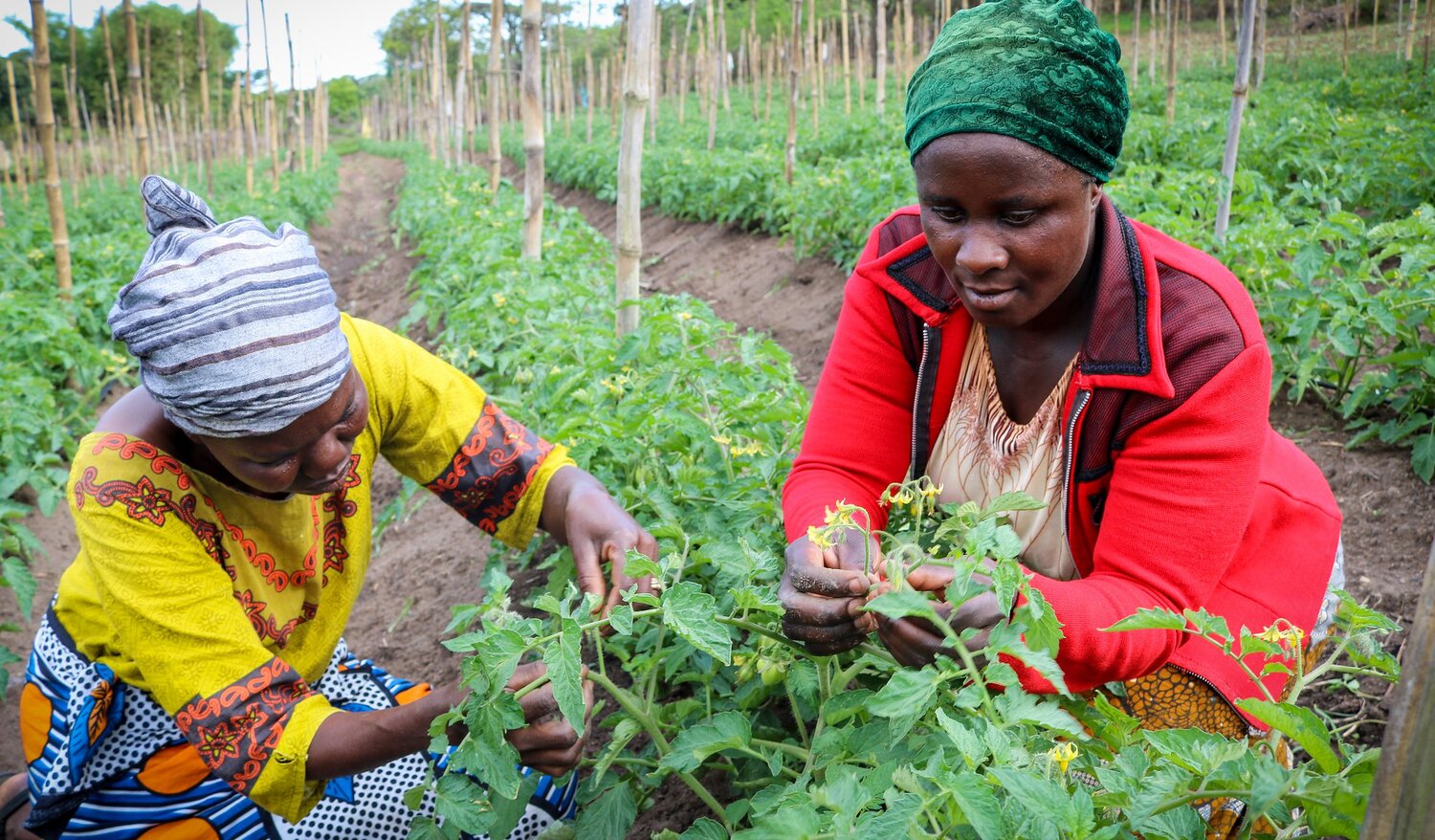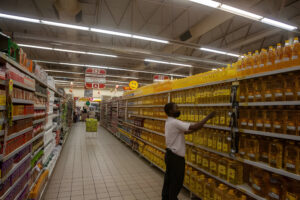South Africa is facing a significant challenge: how to alleviate rural poverty while ensuring food security for its citizens. This challenge hinges on the need for a more inclusive agricultural sector that empowers small-scale farmers and addresses gaps in the country’s food system.
A Dualistic Farming System
Currently, the South African agricultural and food industry is dominated by large commercial farmers. This dominance has resulted in a dualistic farming system that restricts the participation of smaller producers. Major supermarkets and food manufacturers tend to prefer working with a limited number of larger suppliers who can meet stringent requirements. This leaves many small rural producers excluded and marginalized, as they often struggle to meet the quality and volume demands of these large corporations.
The Urgency of the Situation
The urgency to address these issues cannot be overstated. Sub-Saharan Africa is grappling with a “perfect storm” of food, fuel, and fertilizer crises, exacerbated by global events such as the war in Ukraine, the lasting impact of the Covid-19 pandemic, soaring inflation, rising debt, and extreme weather conditions. Food insecurity poses a grave threat to the well-being of Africa’s one billion people, with at least one in five Africans going to bed hungry.
A Call for Collaboration and Resilience
As the United Nations rightly notes, climate change knows no boundaries. African countries and various stakeholders must collaborate to build resilience in the face of these challenges. In South Africa, the corporate sector, including the retail industry, plays a pivotal role in enhancing food security and market access.
Beyond Logistics: Sustainable Farming and Food SafetyQuality assurance in the agricultural sector extends beyond logistics; it requires sustainable farming practices and comprehensive training in farm management and food safety. To achieve this, safety programs should meet global standards, such as full GLOBALG.A.P certification, and packaging facilities must adhere to GFSI Global Markets standards.
The Need for Collaboration and Addressing Food Waste
Collaboration among all relevant stakeholders, including farmers, communities, government bodies, food manufacturers, input suppliers, wholesalers, retailers, financial institutions, and funders, is paramount. Additionally, addressing the issue of food waste is crucial, with nearly 10 million tonnes of annual food production going to waste in South Africa.
A Commitment to Positive Impact
In conclusion, as South Africa’s leading consumer brands, organizations like The Spar Group are committed to making a positive impact. Supporting initiatives aimed at building an inclusive agricultural sector, maximizing food production, and ensuring food security is a shared responsibility that holds the key to a brighter future for all.














